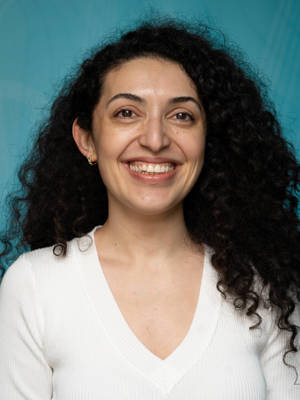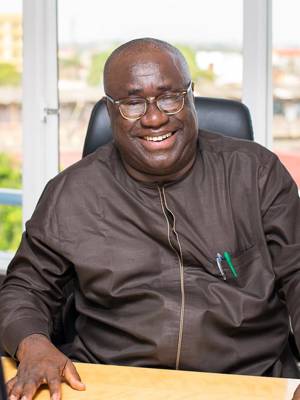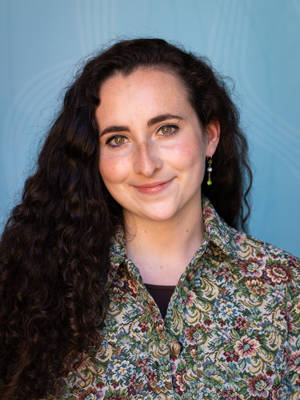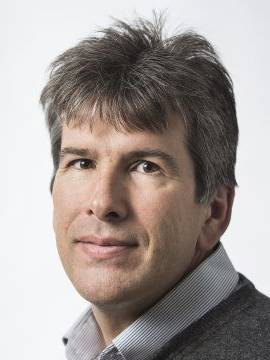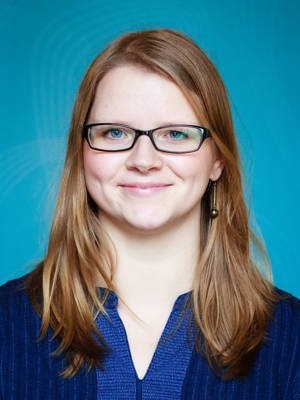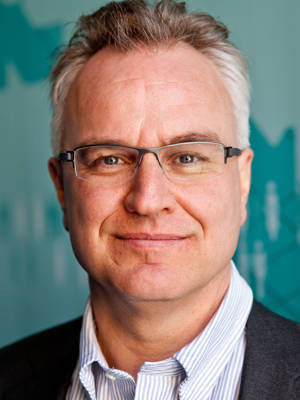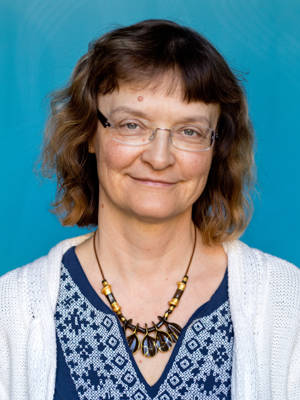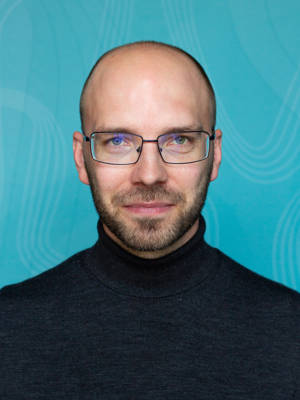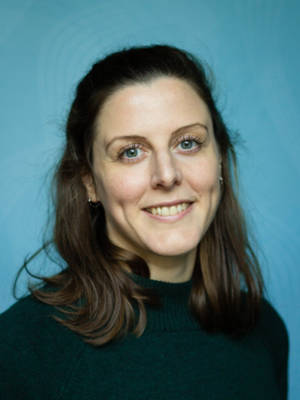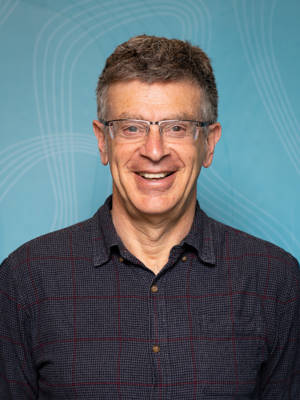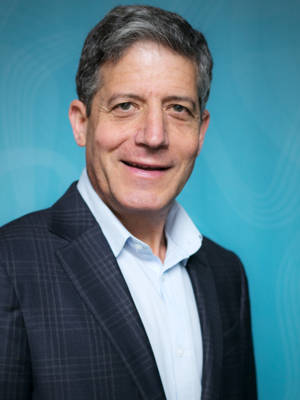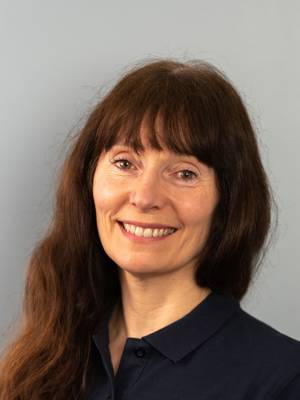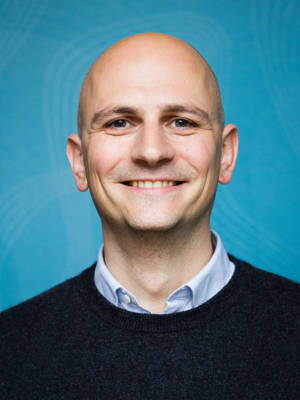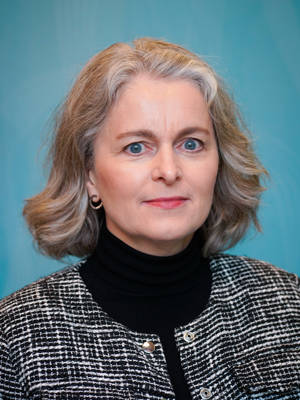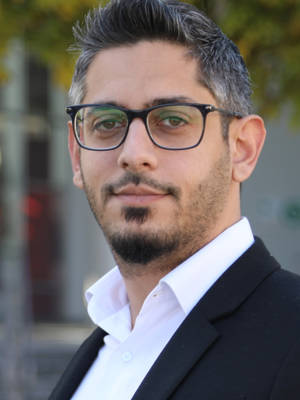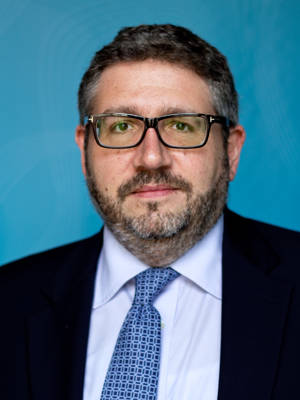What difference do debates about ethics and philosophy make for on-the-ground peace negotiations?
Discussions about ethics and philosophy can sometimes feel far removed from the concrete needs of diplomats and negotiators in high-pressure mediations. However, policies and mandates – whether they come from the United Nations or individual governments – often lack cohesiveness, and this leads to both ethical and practical problems.
Furthermore, the policies and mandates can work against one another when they are not grounded in a shared understanding of what constitutes fairness, and to whom those policies and mandates are to be considered fair. This can have direct consequences for the success and legitimacy of peace negotiations.
This raises the question: What makes peace negotiations fair?
The FAIR project is the first systematic investigation of ethical problems and solutions in peace negotiations and peace mediation. The project engages with existing debates on norms in peace negotiations and explores relevant philosophical perspectives.
The project will not conclude on the right ways of doing negotiations or mediation but develops a conceptual and philosophical framework for how to think normatively about negotiations or mediation in research, practice and public debate.
The project is divided into four complementary research components:
- an overview of the field, setting the agenda through a book project and journal special section,
- a set of case studies of normative controversies,
- expert consultations on ethical principles for negotiations, and
- philosophical analyses of justice in peace negotiations and mediation.
Kristoffer Lidén leads the project in cooperation with Henrik Syse.
Partners
The project involves an international expert group and partners with:
- Kofi Annan International Peacekeeping Training Centre (KAIPTC), Ghana
- Centre for Strategic and International Studies (CSIS), Indonesia
- Norwegian Institute of International Affairs (NUPI), and the NUPI-led Efficiency of Peace Operations Network (EPON)
The FAIR project is funded by the Research Council of Norway, grant nr. 303344.
.jpg?x=800&)


